Being healthy goes far beyond the absence of disease. According to the World Health Organization (WHO), the concept is linked to physical and mental well-being, in addition to the social aspects of a person. In other words, quality of life involves all the everyday actions that contribute to balance.
Today’s article brings precious tips that will help improve the quality of life. Stay with us and learn how to include good habits in your routine.
What is Physical and Mental Well-Being?
Well-being means health in its broadest sense, actively and in all aspects. Physical well-being is the body’s overall condition concerning pathologies and physical vigor. It is the absence of diseases associated with good metabolism functioning.
On the other hand, mental well-being is the emotional balance between internal and external experiences; that is, it is linked to how we deal with emotions.
Although stress, anxiety, and sadness are common sensations in everyday life, they can interfere with our daily routine. When this happens, it can signify a psychic disorder, so you need to seek professional help.
Tips For Improving Physical and Mental Well-Being
How can we achieve physical and mental well-being? Many health articles have answers, but there is no magic solution or ready-made recipe; it is an ongoing process. But the process can start with a self-analysis or questioning about the good things for you.
The list below brings some suggestions to improve your quality of life. Follow these tips and rethink your habits.
Have a Balanced Diet
What you eat directly impacts your physical and mental well-being. The best foods can give energy, cleanse toxins and protect the body from disease.
Appreciation of natural foods, such as vegetables, fruits, eggs, and milk. They are the options that come ready-made from nature. In addition to being tasty, they provide essential nutrition for humans.
Reducing the consumption of products with a lot of sodium, sugars, and saturated fats is advisable. Generally, these products are low in healthy nutrients and can lead to diseases such as hypertension, diabetes, and obesity.
Practice Physical Activity
According to the WHO, regular physical activity improves several physiological aspects. It is associated with a decrease in mortality from cardiovascular diseases and a reduction in the incidence of some types of cancer. It can also relieve symptoms of depression and anxiety, making it a great ally of physical and mental well-being.
The WHO Guidelines for Physical Activity and Sedentary Behavior gather targeted information that explains numerous doubts on the subject. The document also explains the most recommended exercises at each stage of life.
In adulthood, for example, it is essential to engage in at least 150 minutes of moderate aerobic activity per week. We can mention walking, cycling, and dancing as good examples.
For additional benefits, muscle strengthening is recommended. Weight training, at least twice a week, will be good for firm muscles, flexibility, balance, and long-term physical vigor.
Remember: doing any physical activity is better than none at all. Start with small actions, like swapping the elevator for the stairs.
Drink Water
Fluid replacement makes the body’s systems work properly. In addition to keeping you hydrated, drinking water helps regulate body temperature, improve bowel and kidney function, reduce swelling, and improve blood circulation, among many other benefits.
No one can survive without water. However, the amount needed by the body depends on factors such as weight, ambient temperature, and routine.
The tip is to drink at least 2L of pure water every day. If you prefer, replace it with coffee or tea at times, but be careful not to overdo it with sugar.
Most natural foods also have a high liquid content in their composition. That way, by maintaining a balanced diet, you still ensure daily hydration. Watermelon, orange, and melon stand out among the most liquid fruits. On the other hand, a plate of rice and beans has two-thirds of water after cooking.
Sleep Well
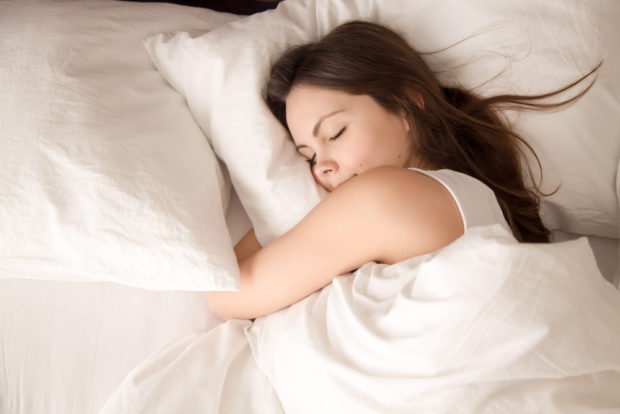 A survey carried out in 2019 by the Brazilian Sleep Association pointed out what adults do before bed. Most participants answered that they use electronic devices (64.9%), watch television (59.1%), or stay in bed, thinking about unresolved issues (31.5%).
A survey carried out in 2019 by the Brazilian Sleep Association pointed out what adults do before bed. Most participants answered that they use electronic devices (64.9%), watch television (59.1%), or stay in bed, thinking about unresolved issues (31.5%).
But these habits are bad for the quality of sleep. Exposure to the cell phone screen, for example, keeps the brain alert, inhibiting the production of melatonin, a hormone that induces drowsiness.
The result is a sleepless night. Over time, a lack of adequate rest can compromise health. Take care.
Signs like fatigue, lack of concentration, and irritability alert you to a lack of rest. So avoid using electronic devices before bed. It’s also good to cut out caffeine and alcohol at night.
Sleep duration varies between people. On average, adults sleep 7.5 hours, but some need up to ten hours of rest to feel good the next day.
Cultivate Good Social Relationships
Friendships can be as relevant to physical and mental well-being as diet or physical activity. A meta-analysis conducted by British scientists, published in 2010, confirms this hypothesis.
The researchers compared results from 148 studies, which involved a total of 308,849 participants. Cross-referencing data showed that people with strong social ties are 50% more likely to survive disease compared to solitary individuals. This index is independent of variables such as age, sex, and preexisting health conditions.
Human evolution proves the results. Community life helped our ancestors face the dangers of prehistoric Earth.
Canadian psychologist Susan Pinker calls the phenomenon the village effect. She explains that interacting with family, friends, or neighbors can make us healthier and happier.
Preserve Self Care
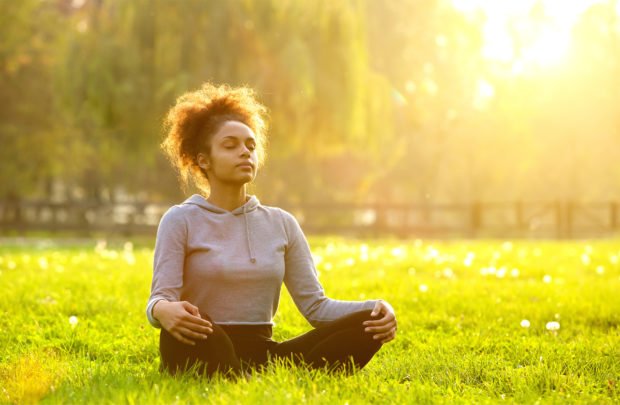 In addition to healthy eating and physical activity, other self-care habits contribute to well-being. Here are some attitudes that can bring good results in the long term:
In addition to healthy eating and physical activity, other self-care habits contribute to well-being. Here are some attitudes that can bring good results in the long term:
- Do not smoke
- Avoid alcohol abuse
- Adopt good hygiene habits
- Use medicine responsibly
- Conduct preventive examinations periodically
You can still add other items to the list. Have you tried a relaxing meditation or a new hobby? Brief breaks, which do not involve work or household demands, are essential to recharge your batteries and improve your well-being!
Know Our Limits
As we said earlier, there is no recipe for achieving physical and mental well-being. Each individual reacts to stimuli differently.
Maybe you feel good after six hours of sleep, and you’re the first person in the house to wake up. So have a coffee and then go for a walk. At the same time, your sister, or father may sleep late, prefer fruit juice, and train only at night. It is worth mentioning that there is no rule. Each one must adapt the tips to their reality. The important thing is to try the alternatives to see what works for you.
Final Thoughts
The tips we’ve gathered in today’s article can contribute to your well-being, but they only work so far. As each person reacts differently, sometimes it’s best to develop a personalized diet and exercise plan. So, if necessary, seek professional help.
References:
WHO Guidelines for Physical Activity and Sedentary Behavior: https://www.who.int/publications/i/item/9789240015128
Brazilian Sleep Association 2019 Survey: https://semanadosono.com.br/wp-content/uploads/2021/01/semana-sono-cartilha-habitos-sono.pdf
Susan Pinker’s Village Effect: https://susanpinker.com/the-village-effect/
Who is the author?

Nicholas Gonzales
Nick is an online health and fitness coach with a fierce, newly discovered passion for freelance writing. If he isn’t writing, working out, or handing out the advice of the healthy kind, Nick can be found reclining in his favorite armchair playing Xbox with his friends, or jogging around the block with his dog.


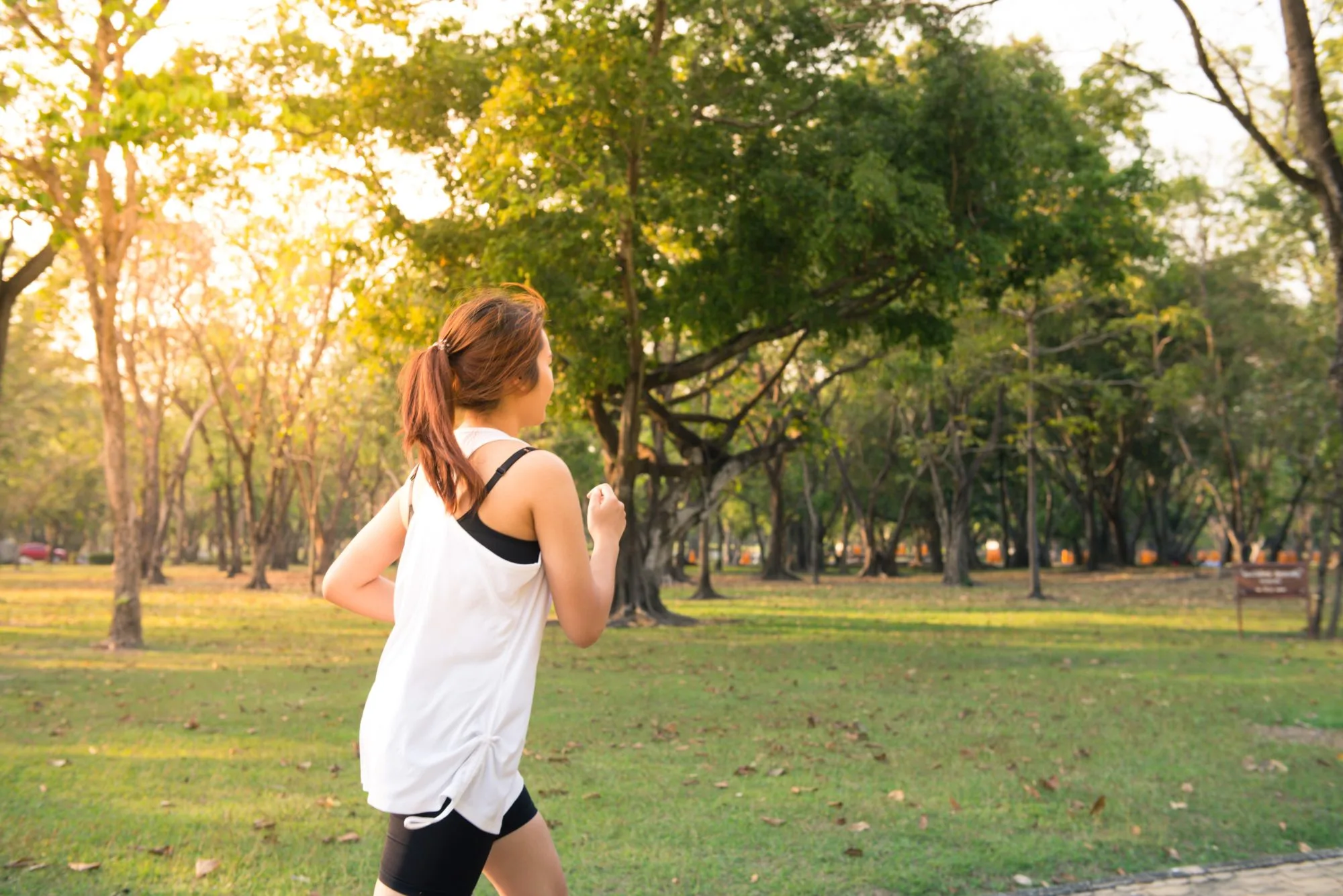
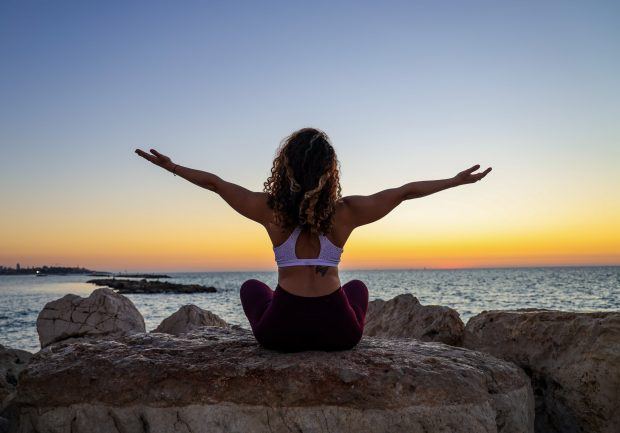
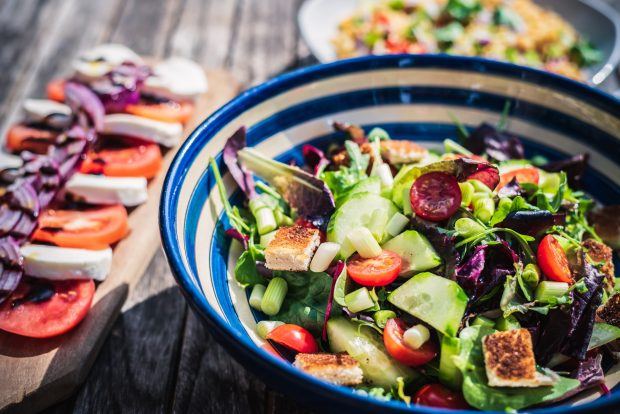


![women [longevity live]](https://longevitylive.com/wp-content/uploads/2020/01/photo-of-women-walking-down-the-street-1116984-100x100.jpg)









